Timeline
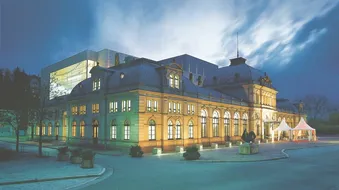
1997
On the initiative of Baden-Baden Mayor Ulrich Wendt, Viennese architect Wilhelm Holzbauer and Stuttgart-based construction expert Walter Veyhle build Germany’s largest opera house, with 2,500 seats, at the old railway station in Baden-Baden. At 60 million euros, construction costs remain within budget.
1998
On April 18, 1998, Valery Gergiev inaugurates the Festival Hall with the World Orchestra for Peace. Three months after the opening, the new institution is threatened with insolvency due to lack of public interest. Andreas Mölich-Zebhauser, the manager of Frankfurt’s Ensemble Modern, is appointed the new Artistic Director and General Manager. He invites the young business graduate Michael Drautz to join him as co-manager, together they develop a recovery plan.
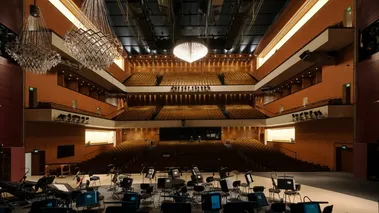
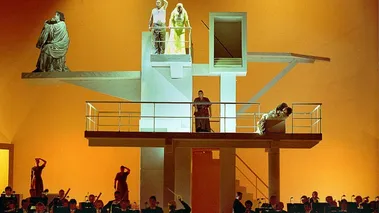
1999
To avoid the impending insolvency, the city of Baden-Baden takes on all corporate shares from the former operator, the Stuttgart testing and inspection company DEKRA, for the symbolic price of one mark. The Festival Hall receives start-up funding in the amount of 6.5 million euros for the recovery. The Summer Festival features an Elektra staged by legendary director Ruth Berghaus. Jonathan Nott conducts the production of the Semperoper Dresden.
2000
Music lovers Karlheinz Kögel, Ernst H. Kohlhage, Hugo and Rose Mann, Walter Veyhle, and Alberto Vilar found the Festival Hall Baden-Baden Cultural Foundation. Horst Weitzmann is named chairman of the Foundation’s Board of Directors. For the symbolic price of one mark, the Foundation takes on all corporate shares from the city of Baden-Baden. The first artistic milestone: the premiere of the new production of Idomeneo in co-production with the Salzburger Festspiele.
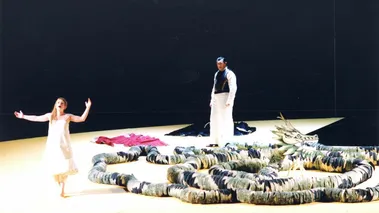
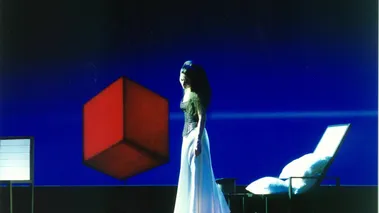
2001
For the first time, the number of visitors exceeds 200,000. The Festival Hall’s first opera production of its own, La Traviata (Conductor: Valery Gergiev, Director: Philippe Arlaud), receives national attention and acclaim. A separate Sponsorship Program department, based on the American model, is established to spearhead the intensive acquisition and coordination of private sponsors and patrons. A fresh corporate design gives the Festival Hall a new face.
2002
The Festival Hall breaks even financially for the first time. It is Europe’s first opera house and concert hall to operate without public subsidies. The Friends of the Festival Hall already counts more than 800 members. The Festival Hall receives top ratings in a visitor survey. The Mariinsky Ballet St. Petersburg holds its annual German residency at Christmastime.
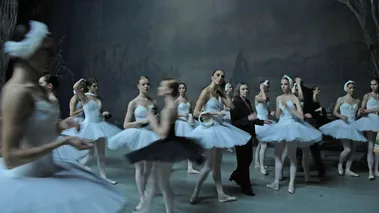
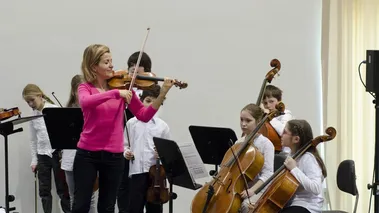
2003
The Educational Program is developed by Media Director Rüdiger Beermann. Its first cornerstone is a school project. The entrepreneur Wolfgang Grenke supports this undertaking with the aim of arousing young people’s enthusiasm for classical music. Stars like Anne-Sophie Mutter become involved in the project during workshops.
2004
The year’s artistic highlight is the first cyclic performance of Wagner's Ring des Nibelungen by the Mariinsky Theatre St. Petersburg under the direction of Valery Gergiev. International media such as the New York Times speak of an "important discovery for the music world". The Friends of the Festival Hall now counts more than 1,100 members. Wolfgang Schäuble is elected as first chairman, succeeding founding chairman Lothar Späth.
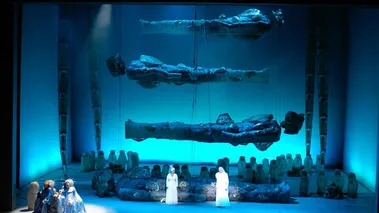

2005
The performances of Mozart's Die Zauberflöte under the musical direction of Claudio Abbado are the artistic highlight of 2005. Abbado conducts this work for the first time in his career, celebrating his return to opera.
2006
The visitor structure of the Festival Hall Baden-Baden has changed. 30 percent of guests come from the surrounding area, 50 percent from a radius of 40 to 120 kilometers, and around 20 percent from farther away in Germany and abroad. Nikolaus Lehnhoff stages Lohengrin with a set design by Stephan Braunfels. Kent Nagano conducts the Deutsches Symphonie-Orchester Berlin.
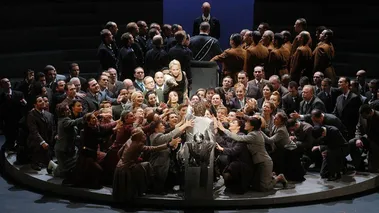
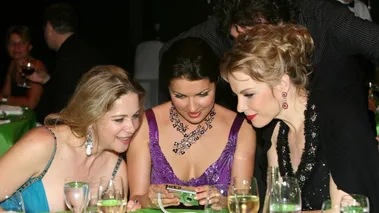
2007
After doubling the number of annual festivals, the Festival Hall Baden-Baden now offers grand opera paired with classical concerts featuring international stars in every season. In summer 2007 a new concert format is established, the Baden-Baden-Gala (Anna Netrebko, Elīna Garanča, Ramón Vargas, and Ludovic Tézier). ZDF broadcasts the Gala and achieves record-breaking ratings in the field of classical music.
2008
The budget is now 24 million euros, two thirds of which are generated by ticket sales and one third contributed by private donors and sponsors. Guests from 40 different countries attend the events. A University of St. Gallen study finds that the city of Baden-Baden receives an annual purchasing power inflow of around €46 million through the Festival Hall. Robert Wilson presents his Dreigroschenoper at the Autumn Festival.
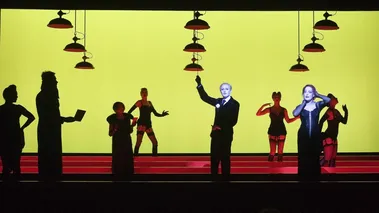
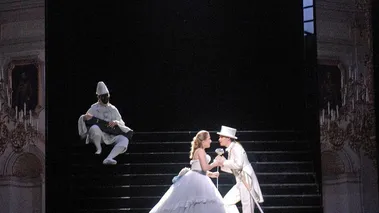
2009
The opera production Der Rosenkavalier is the centerpiece of the 2009 Winter Festival, featuring Renée Fleming, Diana Damrau, Sophie Koch, Jonas Kaufmann, and Franz Hawlata. Christian Thielemann serves as music director of the opera in a revival of a production by Herbert Wernicke, who passed away in 2002.
2010
On July 9, 2010, Keith Jarrett, Gary Peacock, and Jack DeJohnette perform their only concert in Germany – now Baden-Baden also has its place on the jazz world map. A few weeks later, Pat Metheny gives a rousing performance with his Orchestrion in Baden-Baden.
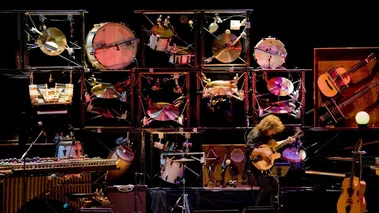
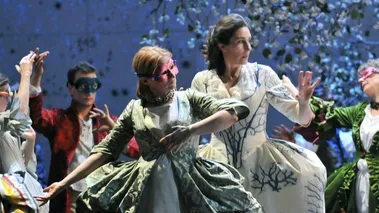
2011
The newly-developed quality management system underscores the Festival Hall Baden-Baden’s international pioneering role in cultural management. At the Winter Festival, Philipp Himmelmann stages Così fan tutte with Teodor Currentzis on the podium.
2012
The new production of the opera L'elisir d'amore at the Whitsun Festival brings a first: tenor Rolando Villazón not only sings the role of Nemorino, but also stages his first production in Germany – to wide acclaim. After almost 30 years, the New York City Ballet returns to Germany in 2012 for three performances in Baden-Baden.
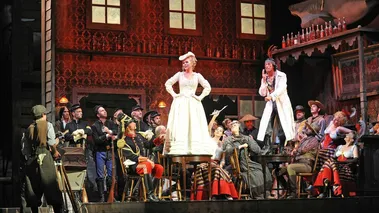
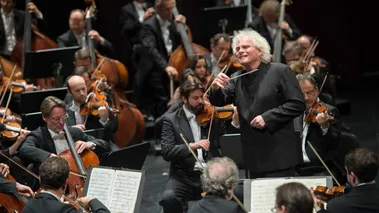
2013
For the first time in nearly 50 years, the Berliner Philharmoniker performs at the Easter Festival not in Salzburg, but in Baden-Baden. The opening premiere of Die Zauberflöte marks the start of a new era. The numerous chamber concerts held at different locations throughout Baden-Baden also contribute to a new festival feeling. In May, the Sigmund Kiener Foundation establishes the children's music world TOCCARION, unique worldwide, in the west wing of the old railway station.
2014
Since 2014 the Festival Hall has operated its own travel agency offering cultural tours to Baden-Baden. Guests from 40 different countries attend events at the Festival Hall. The collaboration with a large number of international tour operators is further expanded. New hotels appear in Baden-Baden. Mexican tenor Rolando Villazón celebrates a notable success with the acclaimed new production of La Traviata.
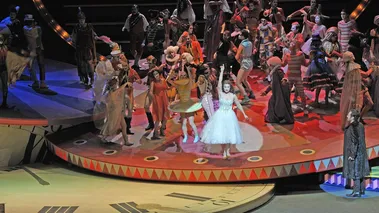
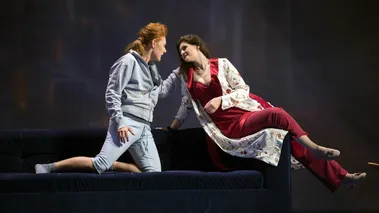
2015
Long-time Friends of the Festival Hall chairman and donor Ernst-Moritz Lipp succeeds Horst Weitzmann in 2015 as Chairman of the Board of the Cultural Foundation. Weitzmann is named Chairman of the Board of Trustees, which Sigmund Kiener had successfully presided over during the preceding ten years. In Brigitte Fassbaender’s production of Der Rosenkavalier, Magdalena Kožená shines as Octavian and Anja Harteros as the Marschallin.
2016
In 2016 Polish director Mariusz Treliński stages the largest opera co-production to date, Tristan und Isolde. Following the internationally-acclaimed premiere in Baden-Baden, this production opens the season of New York’s Metropolitan Opera and is broadcast live in Times Square. The production is also presented in Warsaw and Beijing.
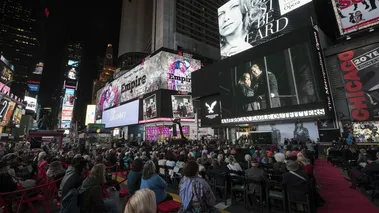
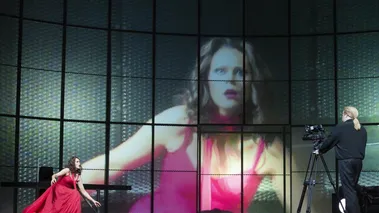
2017
Three-star chef Harald Wohlfahrt joins the Festival Hall in 2017 as culinary adviser and refines the menus of the in-house gastronomy. The Friends of the Festival Hall grows to 1,600 members. At the Easter Festival, Tosca is presented in a production by Philipp Himmelmann.
2018
In the space of 20 years, benefactors, donors, and sponsors have raised more than €120 million for the Festival Hall. Operations are completely supported by donations. The operating company is debt-free. The city of Baden-Baden continues to finance the property and maintenance costs. The spa town of Baden-Baden has been transformed into a cultural city. At the Easter Festival, Dieter Dorn stages Wagner's last opera, Parsifal.
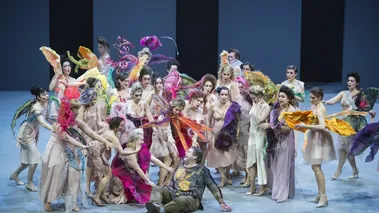
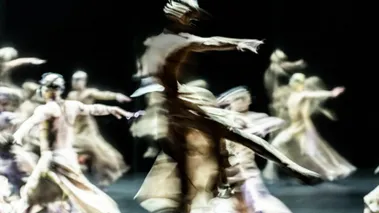
2019
Artistic Director Andreas Mölich-Zebhauser passes the baton to Benedikt Stampa and goes into retirement. General Manager Michael Drautz moves on to a new professional challenge. The Festival Hall bids farewell to the management team with the utmost appreciation. During their era, the Festival Hall developed into one of the finest addresses for music and dance worldwide. Artistic Director Stampa begins his tenure with the ballet opera Orphée et Eurydice presented by the Hamburg Ballet (John Neumeier).